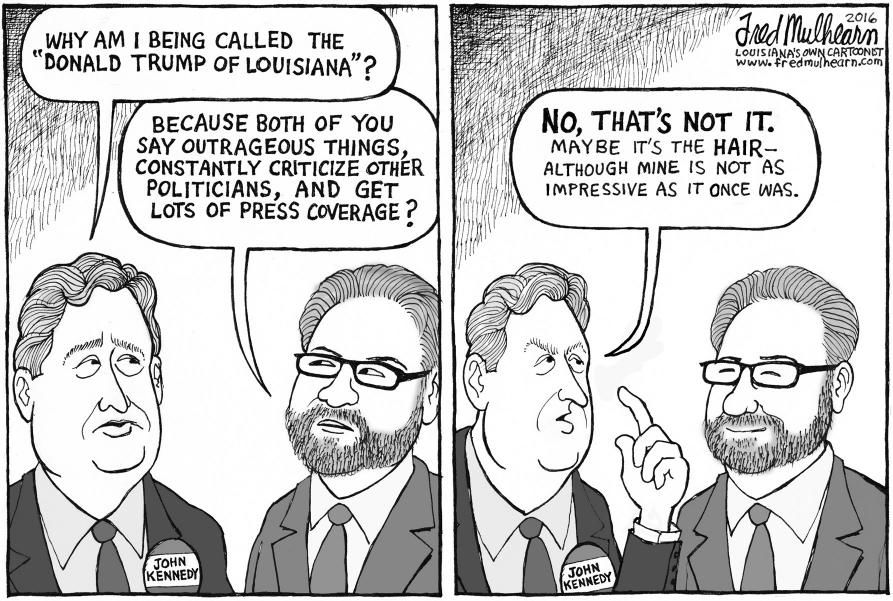
Recently, Drug Enforcement Agency (DEA) administrator Anne Milgram appeared before the Senate Appropriations Committee hearing on fentanyl. Facing a grilling from United States Senator John Kennedy (R-Louisiana), Milgram said:
Senator, I have been very vocal in the whole of government setting on the importance of fentanyl and all of us using every single effort and authority that we . . .
Milgram was rudely cut off by Kennedy before she could finish speaking.
Why hasn’t President Biden done it? I mean, this is the way the American people whose sons and daughters are dying. Look at it. Our economy is $23 trillion. Mexico’s economy is 1.3 trillion. Ours is eighteen times bigger. We buy $400 billion every year from Mexico.
Without the people of America, Mexico, figuratively speaking, would be eating cat food out of a can and living in a tent behind an Outback. So why don’t you and the president embarrassing no one, get on the phone and call President López Obrador and make him a deal he can’t refuse to allow our military and our law enforcement officials to go into Mexico and work with his to stop the cartels. Why don’t you do that?
I wonder if Kennedy knows that most of the fentanyl entering the United States comes from China and India — not Mexico. The U.S. Drug Enforcement Agency’s website states:
Currently, China remains the primary source of fentanyl and fentanyl-related substances trafficked through international mail and express consignment operations environment, as well as the main source for all fentanyl-related substances trafficked into the United States. Seizures of fentanyl sourced from China average less than one kilogram in weight, and often test above 90 percent concentration of pure fentanyl.
I wonder if Kennedy knows that Mexico is a sovereign state; that many of the guns used by Mexican drug cartels come from the United States. Imagine Mexico saying to President Biden that they want to put troops on the American side of the border to combat illegal firearm traffic. Sovereign states are responsible for what happens within their borders. We need to stop using the military as an arm of the DEA and Customs and Border Control. Congress needs to give the DEA and CBC the funding and tools necessary to do their jobs.
I wonder if Kennedy realizes how much of our produce comes from the Mexico and the states bordering our southern neighbor? Is he aware of the thousands of Mexicans who legally cross the border each day to pick produce; people who spent millions of dollars of money on the U.S. side of the border before returning home?
I wonder if Kennedy is aware that Mexico has a rich history; that Tijuana, Nogales, and other border towns are not representative of Mexico at large, any more than certain economically depressed communities in the U.S. present America as a whole. Sadly, many Americans have embraced an ugly, racist stereotype about Mexicans instead of educating themselves about the country and its citizens.
Here’s what I know about Senator Kennedy: He is a jingoistic, xenophobic bigot. I hope the good people in Mexico realize that the Kennedys of America don’t speak for all Americans. Yes, we collectively need to do something about fentanyl and immigration. Kennedy doesn’t care about either of these things. Much like Ted Cruz, all Kennedy cares about is exacerbating problems at the border so they will make Biden and the Democrats look bad.
Bruce Gerencser, 66, lives in rural Northwest Ohio with his wife of 45 years. He and his wife have six grown children and thirteen grandchildren. Bruce pastored Evangelical churches for twenty-five years in Ohio, Texas, and Michigan. Bruce left the ministry in 2005, and in 2008 he left Christianity. Bruce is now a humanist and an atheist.
Connect with me on social media:
Your comments are welcome and appreciated. All first-time comments are moderated. Please read the commenting rules before commenting.
You can email Bruce via the Contact Form.

